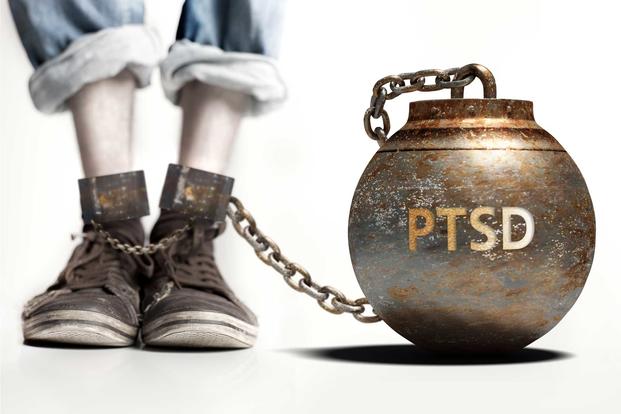How Therapy Can Help With PTSD

Dealing with trauma is unexplainable in simple words. And PTSD (Posttraumatic stress disorder) can, most times, haunt people their entire life. We are not saying the road to recovery will be easy, but it is undoubtedly worth taking.
People with PTSD usually have intense insomnia, low self-esteem, and at times continuous flashbacks. The struggle is painful and may take a considerable amount to heal. Fortunately, notable therapy institutes such as The Therapy Place offer various therapy solutions for different concerns.
With PTSD, it is pretty common to feel that the return to a normal life may seem complicated, at times impossible. But the reality speaks otherwise. With proper treatment and medications (if necessary), you can return to the route of true inner and mental peace.
Why Consider Therapy For PTSD?
The primary purpose of the therapy is to improve the patient’s symptoms, bringing back the lost self-esteem and teaching skills. The core purpose is to eliminate the thoughts that are triggering the fear or reminding that uncomfortable event. It is one reason that therapists use considerable time in listening to what the patient has to say. The situation may also ask for group therapy instead of having an individual session.
The doctor is likely to diagnose PTSD by the following steps:
- They may perform a physical examination to search if any underlying medical issues are causing the symptoms.
- They may perform a psychological evaluation through in-depth discussion to search for any specific event leading to the disturbing condition.
It is integral to find and recognize the event or any situation because PTSD is usually due to harsh encounters. It could be a violent event, a threat, or some injury. It is also not necessary that you were in direct connection to the event. At times, the patient is the one to witness a horrible situation that becomes a – trauma. Moreover, if the exposure is continuous, it can significantly and negatively affect the patient’s overall personality.
Types Of Psychotherapy
Psychotherapy, also known as Talk therapy, can produce noteworthy results. Some of the treatments that are widely used to treat PTSD are:
Exposure Therapy: It is a behavioral therapy that aids in enabling the patient to face the traumatic incident or event. The goal is to make the individual learn ways to cope with it to remove fear. The therapy works quite effectively for someone who frequently has nightmares or flashbacks.
Cognitive Therapy: It is a therapy that assists the patient in recognizing the thinking patterns preventing them from moving forward. Usually, in cases of PTSD, cognitive therapy is used in tandem with exposure therapy.
EMDR: Eye movement desensitization and reprocessing are about connecting exposure therapy with several guided eye movements. It helps the patient to deal with traumatic memories.
Your therapy also plays a significant role in bringing you back and keeping you consistent on the road to improvement. The journey is about learning to fight with fear and knowing ways of releasing that intense amount of stress.
Conclusion
PTSD is complex, but you can surely defeat it. You can learn to take back control of your life. You can also consider Behavior Therapy Treatment or group therapy. Knowing about the new experience of people going through similar situations will give you hope. It will motivate you to keep striving. Try to stay consistent, take medications, and follow your treatment plan without skipping it during the entire journey. Avoid self-medication and always be honest with your therapist.




